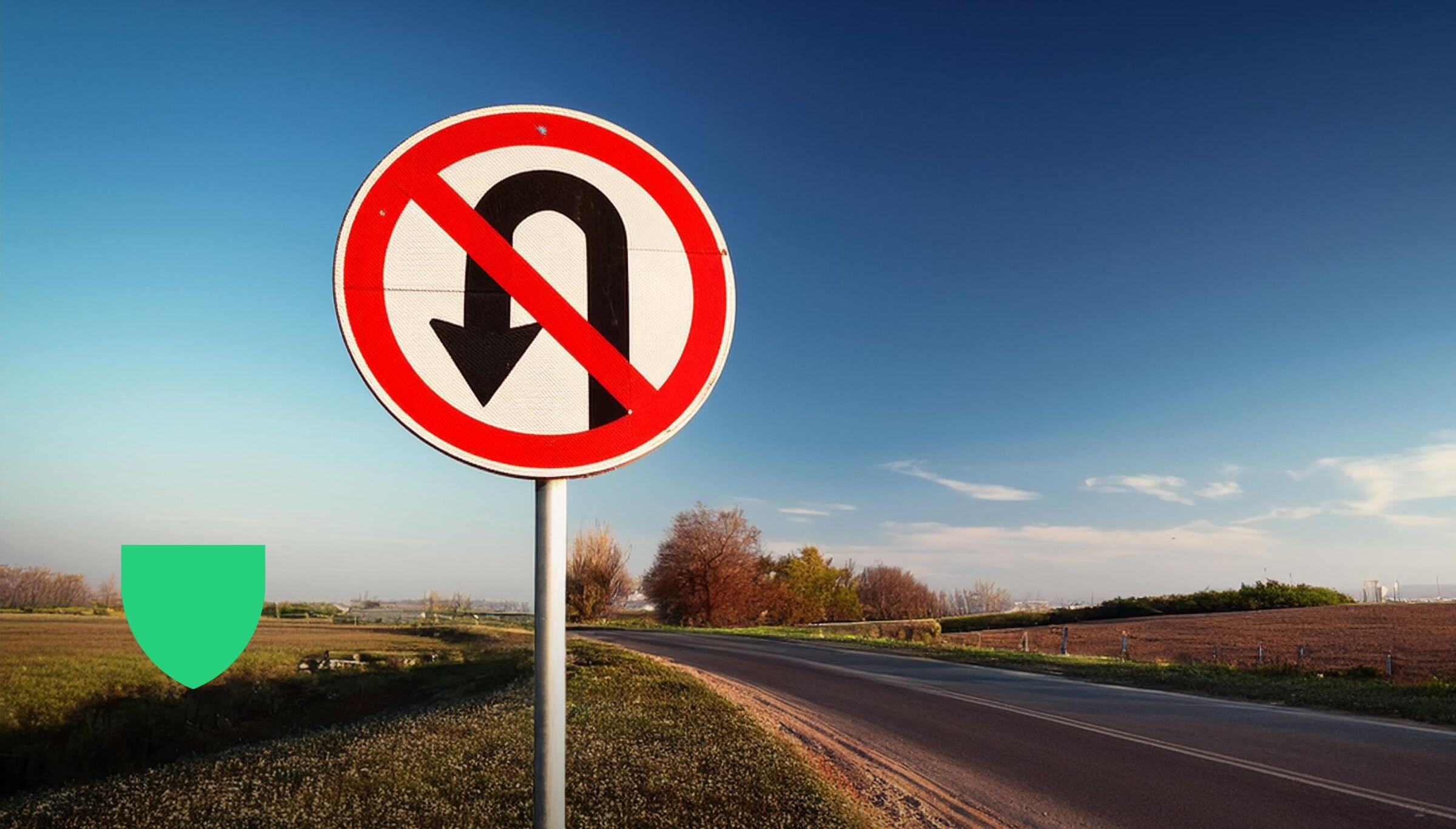True or False: Turning down your thermostat at night or when you’re out results in using more energy than you save when you have to heat the house back up again.
Since the dawn of central heating, this subject has been a source of dispute between spouses. When the weather turns cool furnaces across our nation fire up and start consuming energy (and spending money) in an attempt to keep us comfortable in our homes. It leads us to look at ways to save money and get through the winter months with a little more money in our pocket books.
When you turn down the heat before bed what you're doing is called Thermostat Setback. And when you turn the heat back up in the morning this is called Thermostat Setup. Basically what you're doing is turning the heat down when you don't need it and back up when you do.
My argument has long been that once your home is at a certain temperature it takes no more energy for your furnace to keep it there, than if it were trying to keep the house at a temperature 4 degrees colder. In fact, my opinion, until now, has been that it probably even uses more energy to heat your house back up to room temperature than it would to keep it there all night.
My argument, all of these years, has been wrong. Sorry Honey, you were right :)
It can be proven wrong by one famous scientific principal and an explanation on how our furnaces actually heat our homes.
First the Science - Newton's Law of Cooing
"The rate of heat loss of a body is proportional to the difference in temperatures between the body and its surroundings." - Sir Isaac Newton
Basically all this means is that the closer you let the temperature inside your home to get to the temperature outside, the slower it loses heat. In other words, the colder your house is, the better it keeps its heat.
Now Your Furnace
Ok, you might say, "but it's going to take a load of energy to get my house back up to room temperature when I wake up!" - You would be wrong.
Your furnace doesn't go into overdrive when it's trying to heat your house back up. It simply stays on a bit longer. Most furnaces actually always pump out air at the same temperature no matter what you have your thermostat set to.
Turning down your thermostat at night or when you’re out results in using more energy than you save when you have to heat the house back up again.
The Answer is False
Turning your thermostat down at night then back up in the morning does actually use less energy and save you money.
Need a review on your home insurance? It only takes 5 minutes to get an easy quote.









